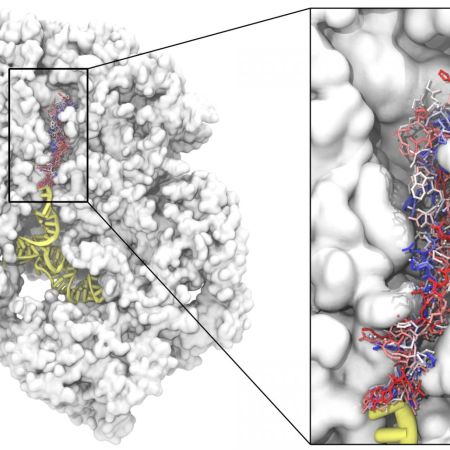
Head of group
doc. RNDr. Michal H. Kolář, Ph.D.
b kolarh@vscht.cz
e 22044 4257
d A402
Team members
Ing. Josef Cikhart
Mgr. Michaela Černeková
Ing. Hugo McGrath
MSc. Felipe C. Nepomuceno
Bc. Petr Linhart
Bc. Martin Mašek
Bc. Jakub Žváček
Aneta Hrádková
Petr Chalupský
Rudolf Kvasňovský
Arian A. Ott
Research topic
We are research group that lies on the borders of chemistry, biology, and physics. Our passion is to study how biomolecules move. And you can believe us, they move like Jagger! The zoo of biomolecules includes proteins, nucleic acids, membranes, polysacharides, and what all you know. Together, they are biopolymers: bio-, because they perform a biological function, and -polymers, because they consist of many simpler building blocks.
The function of biomolecules is tightly coupled to their structure and dynamics and we are keen to understand their underlying principles. Using large-scale computer simulation, database analyses, and statistical mechanics, we study details of biomolecular motion at atomistic resolution. Our favorite biomolecular beast is the ribosome (a cellular protein factory), but we also deal with smaller complexes and molecules. Although we do fundamental research, we believe that the problems we solve may help fight antibiotic resistance or design more efficient drugs against neurodegeneration, cancer or viral infections.
Figure: Bacterial ribosome cross section. The detail shows several conformations of a nascent peptide in the exit tunnel.
